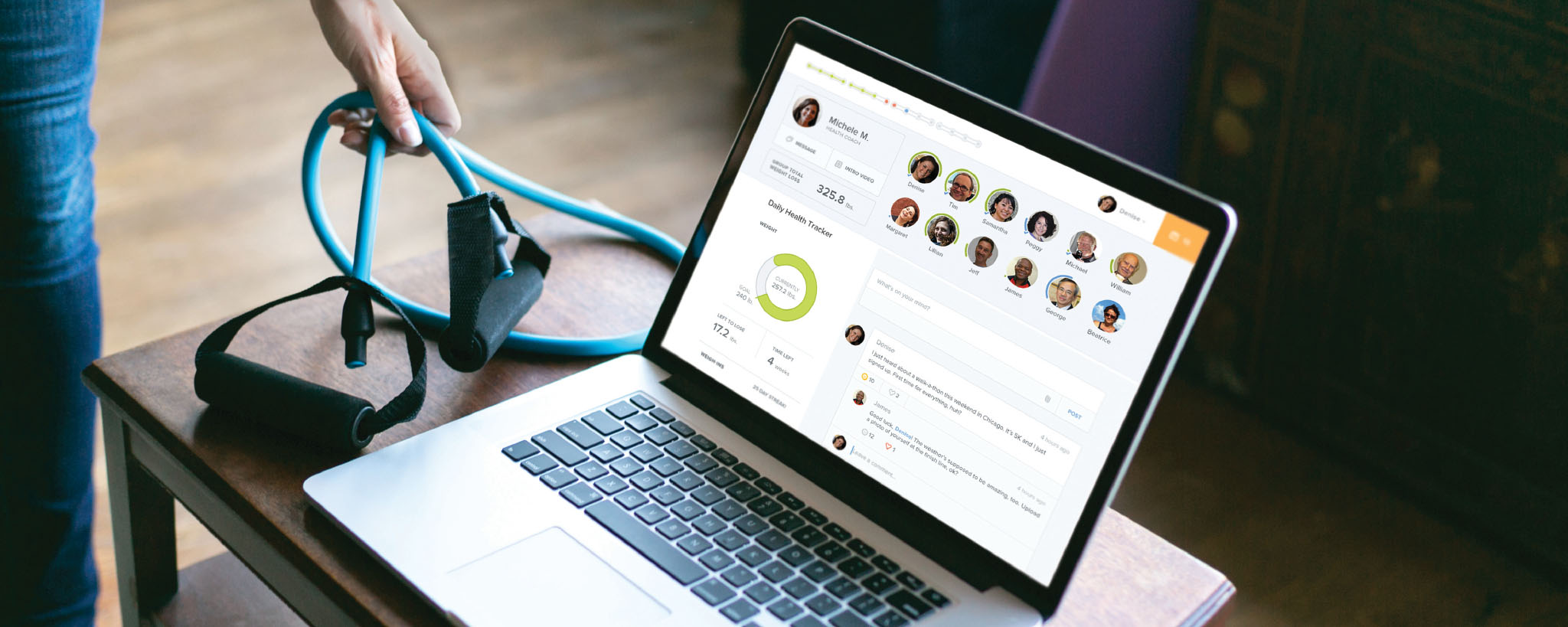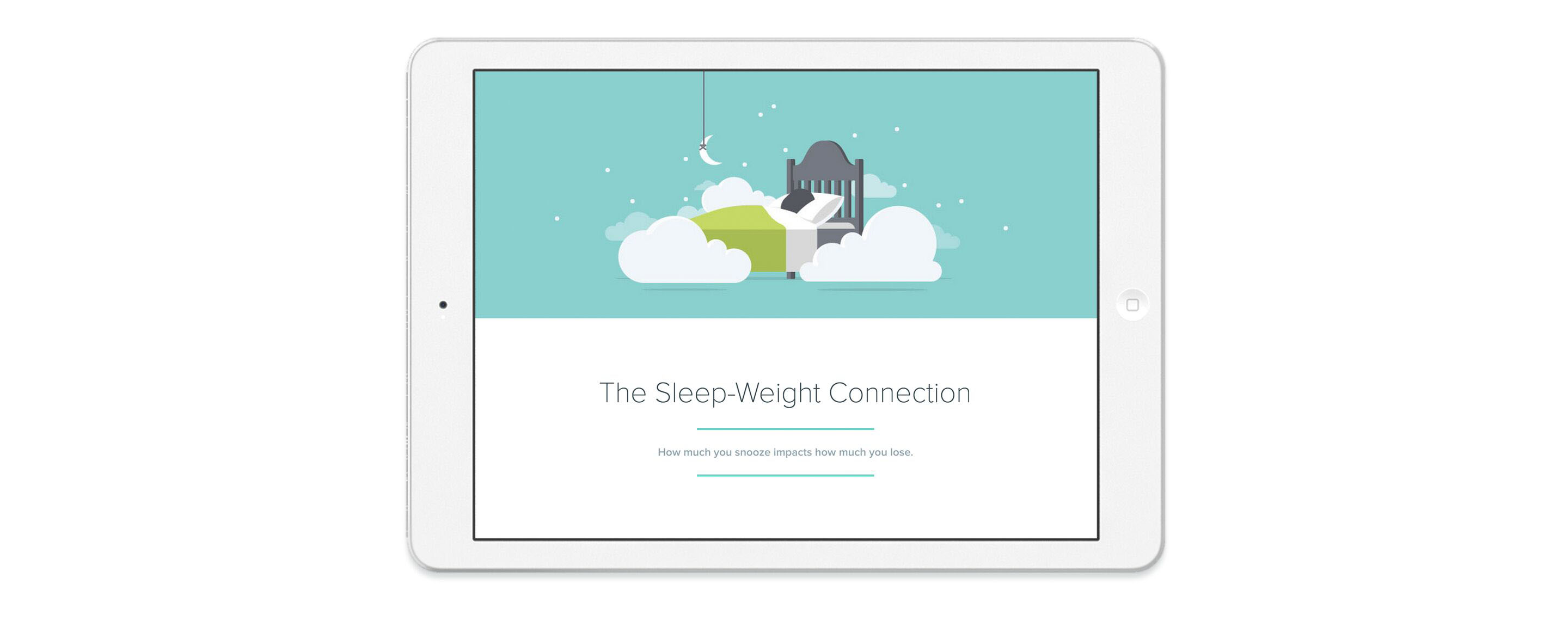
Omada Health taps Zendesk for internal and external support
Serving internal and external users became challenging for Omada Health, given the limited metrics and integration capabilities of its legacy platform. By switching from Help Scout to Zendesk, the company saved 2 minutes per ticket and increased satisfaction scores for both patients and employees.

“We’re an organization that never met a SaaS product we didn’t like, but most aren’t tied together. Zendesk allows us to integrate with our other systems to drive efficiency. It’s one system that meets the needs of multiple groups.”
Bill Dougherty
Vice President of IT and Security 位於 Omada Health
“We took a two-minute support process,identifying and validating inbound contacts, and reduced it to mere seconds.”
Bill Dougherty
Vice President of IT and Security 位於 Omada Health
Industry:
Healthcare, Hospital
Headquarters:
San Francisco, CA
Size:
350
CSAT:
95%
-2
Minutes/ticket
6,000
Contacts/month
95%
First touch phone resolution rate
85%
First touch all channel resolution rate
Each year the United States spends about $2.7 trillion—yes, trillion—on health care, a staggering figure driven largely by the cost of treating chronic conditions such as Type 2 diabetes and heart disease.
For many patients, changing lifelong bad habits can be particularly difficult, especially when doing so requires meeting in-person with a counselor. That’s why Omada Health takes a different approach: the San Francisco-based company delivers digital diabetes and chronic disease prevention programs, making it easier for patients to adopt a healthier lifestyle and stick with it. The company offers its prevention program through web and mobile apps and wearable technologies, aided by human health coaches.
Existing platforms struggle to keep up with wide customer base
Omada Health’s mission to conquer chronic disease may be clear-cut, but its customer service challenges were anything but. Four support teams serve a wide customer base that includes program participants, the employers and health care plan providers that sponsor them, and health coaches. Add internal employee IT needs to that mix, and there’s a lot of people to take care of.
As the company grew, its original customer support software provider, Help Scout, began to show signs of serious strain. Poor voice integration, limited metrics, and the inability to integrate with Omada Health’s own platform were hamstringing the company’s efforts to provide seamless service.

Aided by the newfound ability to track metrics like abandoned calls and time-on-ticket, and to prioritize tickets based on service level agreements, the team now boasts a 95 percent first touch resolution rate with phone calls and 85 percent first touch resolution rate across all channels. From a management and training perspective, Dougherty appreciates the call recording functionality, as well as the fact that agents can now take calls from outside the office.
“The ability to listen to the call has been huge,” he said. “Previously, we could look at things like satisfaction rates on an agent and try to infer from what was written in a ticket what happened, but now we actually know because we can listen to the call.”
The bulk of the company’s total support volume comes from participants and their employers or healthcare providers, mostly via email, though about 12 percent of participants prefer to call.
Using Zendesk to field applications with transparency and efficiency
Another big win was transforming the participant application process. When users first apply to Omada Health, they are automatically accepted or rejected based on certain criteria, but borderline cases need to be manually handled by agents. Before Zendesk, agents were monitoring two distinct queues—one for applications and another for incoming tickets. Without time-tracking, it was difficult to measure which queue was claiming the lion’s share of an agent’s time.

Through a custom integration using the API, each new application now automatically creates a ticket in Zendesk. When an application is automatically accepted or rejected, the ticket is updated and closed; any that require a human eye show up in the agent’s queue between tickets. The unified process is both more transparent and efficient.
These changes are reflected by the support team’s customer satisfaction ratings in Zendesk. Patient support has been averaging a 95 percent CSAT, with a 16 percent response rate. And internal IT is knocking it out of the park with a 100 percent CSAT rating.
Professional Services Team, icing on the cake
In keeping with the company’s focus on personal empowerment, Omada Health is working to build out its self-service offerings. Each Zendesk instance includes an external-facing help center and internal knowledge base powered by Zendesk Guide. The support team leaned on the Zendesk Professional Services team for help with training and migrating over legacy data.
“The Professional Services team is fantastic. They were there when we needed them, and we didn’t get nickeled and dimed with change orders,” Dougherty said. “They recognized the partnership nature of what we were doing and adjusted schedules around our business needs.”
When it came time to review Zendesk’s security—an absolutely critical need for a company working with sensitive patient data—Dougherty didn’t have to dig very deeply to get the answers he needed. “The security information is outstanding. Just about every question I had, Zendesk had already made the answer publicly available. By now, I know a lot of people at Zendesk—it’s a good team, a team I trust,” he said.

Having a customer service tool with strong security infrastructure helps Dougherty with his mission of ensuring that patient and customer data remains secure. “I have three roles,” he explained. “On the IT side, my role is to make our systems more efficient and effective for the overall organization. We’re driving scalability and cost containment, and enabling better collaboration. In Support, we are fanatical about delivering high quality customer support. Enabling participants and customers to solve their own issues, and answering requests quickly, accurately and completely is critical to the user experience. And in security, my role is to make sure we never show up in the headlines. Protecting our data is foundational to everything we do. We’re a service organization, and we exist to empower other organizations.”